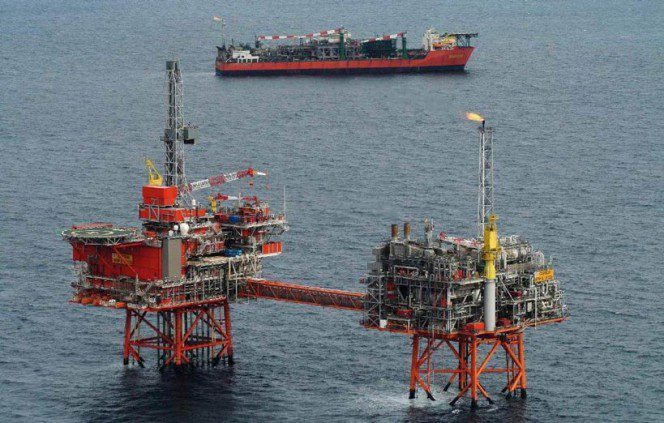
Trade body Oil and Gas UK (OGUK) has published a list of 10 “principles” aimed at helping a “fragile” supply chain whose margins have been squeezed tight by customers in recent years.
OGUK also revised down its 2019 prediction for the new field investment decisions, but said progress was being made on drilling activity and decommissioning costs.
In a new report, OGUK said reductions in forecast decommissioning costs mean the level of tax relief due to industry from the public purse has dropped to £16.8 billion from £24bn.
The organisation added the North Sea “landscape” kept “evolving”, with £4.4bn worth of mergers and acquisitions involving the likes of Chrysaor and Delek agreed so far this year.
On the supply chain principles, OGUK said risks and costs should be “borne appropriately” by contractors and operators, and not “forced on anyone”.
Among the commandments is an agreement that all parties should have the competence to carry out the work, and will “not accept rebidding as a means of driving prices down”.
In its 2019 Economic Report, OGUK said energy services firms were key to the competitiveness of North Sea industry, but that the health of these companies remained a “persisting challenge”.
Citing a report from EY, OGUK said revenues for UK oilfield service (OFS) firms had fallen by about a third, to £27bn in 2017 from £40bn in 2014.
OGUK said confidence in the market and the sustainability of some companies “remained fragile”.
The organisation did say that the OFS sector could experience some growth in revenues in 2019 – Rystad Energy estimated the level of increase could even hit 16%.
The principles, which aim to make the supply chain more robust and resilient, also call for contracts to conform to industry standards, and that both sides should discourage “low-ball bidding”.
Suppliers are also advised to notify the operator’s managing director if they feel unfairly treated.
Deirdre Michie, chief executive of OGUK, said: “This sector has seen a remarkable turnaround from one of the harshest declines in memory, however parts of the supply chain remain in a fragile condition.”
OGUK also said a “relatively healthy” pipeline of projects was progressing in the UK continental shelf.
But OGUK said it now expects 8-10 new fields to get the green light this year.
In its Business Outlook Report, published in March, OGUK said 13 fields had been sanctioned in 2018, more than in the previous three years combined, and that similar numbers were expected in 2019.
Despite lowering the forecast, OGUK said the 8-10 projects could still unlock around £2bn of new investment and up to 240 million barrels of oil equivalent.
So far in 2019, three final investment decisions have been made – on Neptune’s Seagull field, Apache’s Storr project in the Beryl area, and Winterhall DEA’s UK-Netherlands-border straddling Sillimanite development.
Others which could get the nod in 2019 include Premier Oil’s Laverda and Cather North tiebacks in the central North Sea, i3 Energy’s Liberator field in the outer Moray Firth, and Independent Oil and Gas’s southern North Sea Blythe and Vulcan projects.
Projects involving Siccar Point Energy, Parkmead and Dana Petroleum are also in the pipeline, though FID on those may have to wait until 2020.
Exploration drilling is showing signs of picking up, after falling to a record low of eight wells last year.
UKCS companies equalled that tally in the first seven months of 2019, though the success rates for those wells has been limited.
Wells drilled by Equinor, Siccar Point and Hurricane Energy came up dry.
OGUK predicts a total of 12-14 exploration wells will have been drilled by the end of the year.
Notable prospects slated for drilling in the second half of 2019 include Howick (Cnooc), Isabella (Total), and Lifjellet (Equinor).
Shell is currently drilling the Rockhopper well, which was brought forward from 2021.
OGUK said the increased activity levels demonstrated the attractiveness of the UKCS and the confidence exploration and production companies had in the basin’s future.
Ms Michie added: “Our Economic Report 2019 shows a greater proportion of UK demand being met from domestic production, exploration and drilling activity on the increase and a continued pipeline of new projects emerging.
“We need to build on this investment to encourage new fields to be developed to replace those coming to the end of their life.
“This will ensure as much as possible of UK demand is met from our own resources.”

